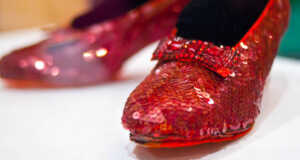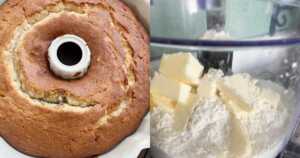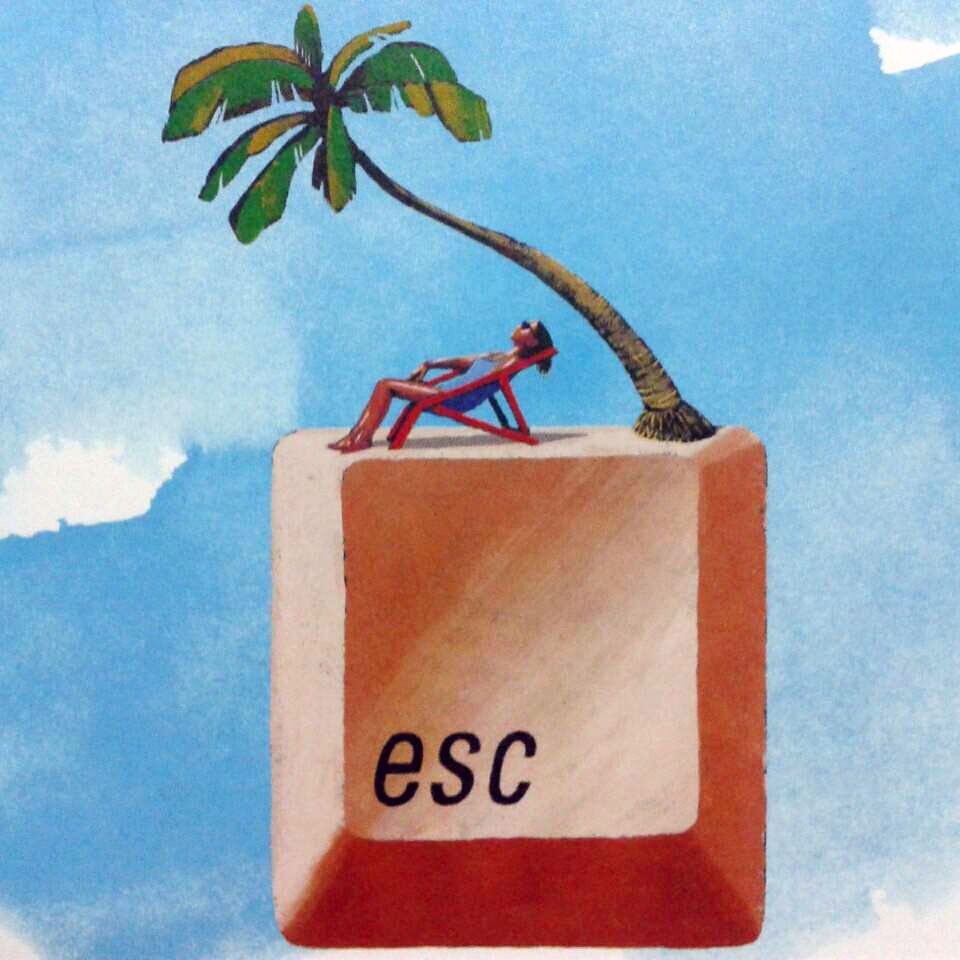Having diabetes is like trying to keep the peace between two feuding side of your family: the Lows and the Highs. You get pretty good at avoiding them, but then you unexpectedly bump into Aunt Low in the grocery store, and there’s now avoiding her.
Low blood sugar, or hypoglycemia, (or just “a hypo”) happens when insulin has actually done its job too well and has transferred glucose from your blood to your cells so effectively that your blood sugar goes low, increasing the risk of insulin shock. It can happen if you don’t eat enough carbohydrates, exercise more than planned, inject too much insulin, or for reasons yet unknown (like it’s Tuesday and your blood sugar hates you).
Low blood sugar generally kicks in at 70 mg/dL or less, but target glucose levels vary, so be sure to talk to your doctor about what levels are healthy for you. Everyone will react to a low differently, so it’s important to be aware of all the signs and be ready to react. Here are 14 signs of low blood glucose:

1. Confusion/Disorientation
Not being able to think clearly or concentrate is also a sign of high blood sugar, so it’s important to test to know for sure. If your confusion becomes severe, you may not realize you need to test your blood sugar, so react to this one early.
2. Dizziness
Is the room spinning? Is getting from point A to point B suddenly a monumental undertaking? Check your levels. Low blood sugar can mess with your physical and mental coordination and leave you feeling dizzy and lightheaded.

3. You’re so very hungry
When your blood glucose is low, your body needs quick-absorbing carbohydrates to quickly renew its glucose supply, and you may feel like you want to eat everything ever. If you’re low, the American Diabetes Association recommends eating 15 grams of carbohydrates (the amount in about half a cup of juice or soda) and then testing again after 15 minutes. But you may feel like you need 15,000 grams of carbohydrate.
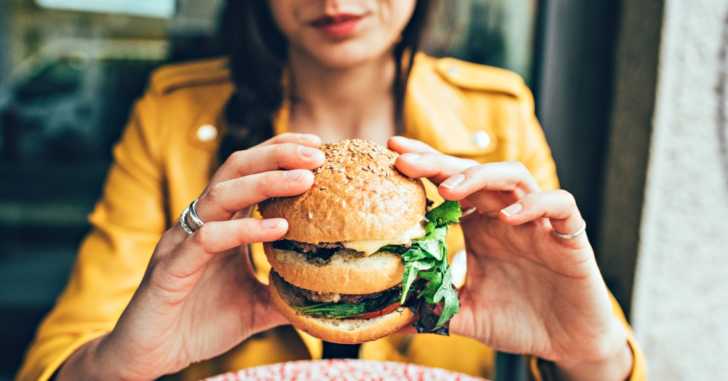
4. Sweating
Sweating can be one of the first signs of a hypo—it’s part of the body’s initial adrenaline-fueled “fight-or-flight” response. Low blood sugar can cause sweating regardless of the external temperature.
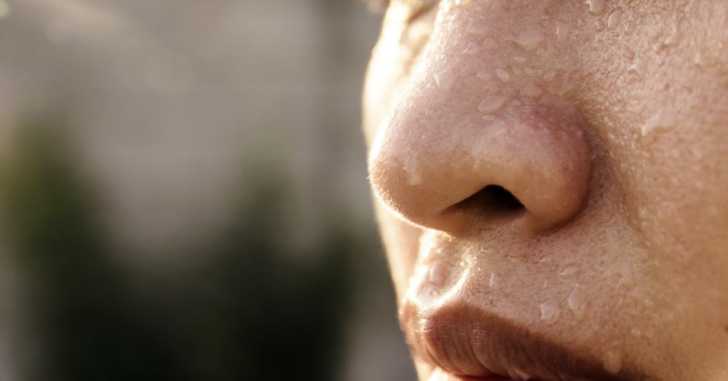
5. Headache
If your head hurts it’s probably a good idea to check your levels. Low blood sugar can cause a headache, and other causes of a headache, like sickness, can also affect your glucose levels.
6. Fatigue/exhaustion
Fatigue, sleepiness, and weakness are classic signs of a low, though confusingly, they can also signal high blood sugar. It is essential that you test or get some carbohydrates quick if you are low, even if all you want to do is lie down. If your blood sugar drops too low, you could have a seizure or go into a coma.
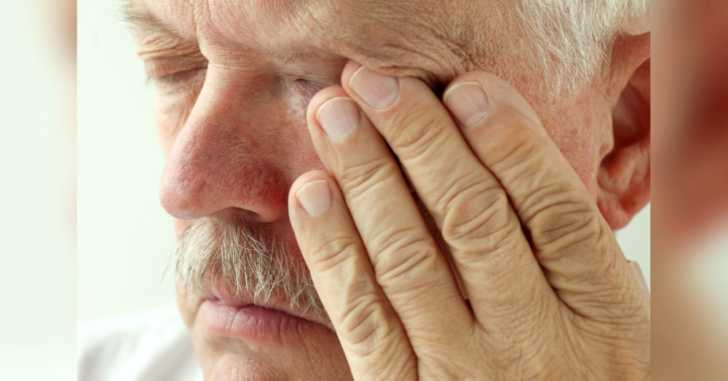
7. Tingling skin
That tingling feeling can be caused by the release of adrenaline, especially if you feel tingling in the lips, tongue, or cheeks.
8. Severe mood changes
Dropping glucose can cause sudden, unexplained mood changes. If you’re suddenly nervous, anxious, grumpy, irritable, angry, irrational, or just want everyone to leave you alone, you may be having a low. If so, have some carbs and you’ll feel better. If the mood changes are not caused by low blood sugar, then you must be having a rough day and deserve some self-care online shopping.

“NEXT” for signs 9 through 14





